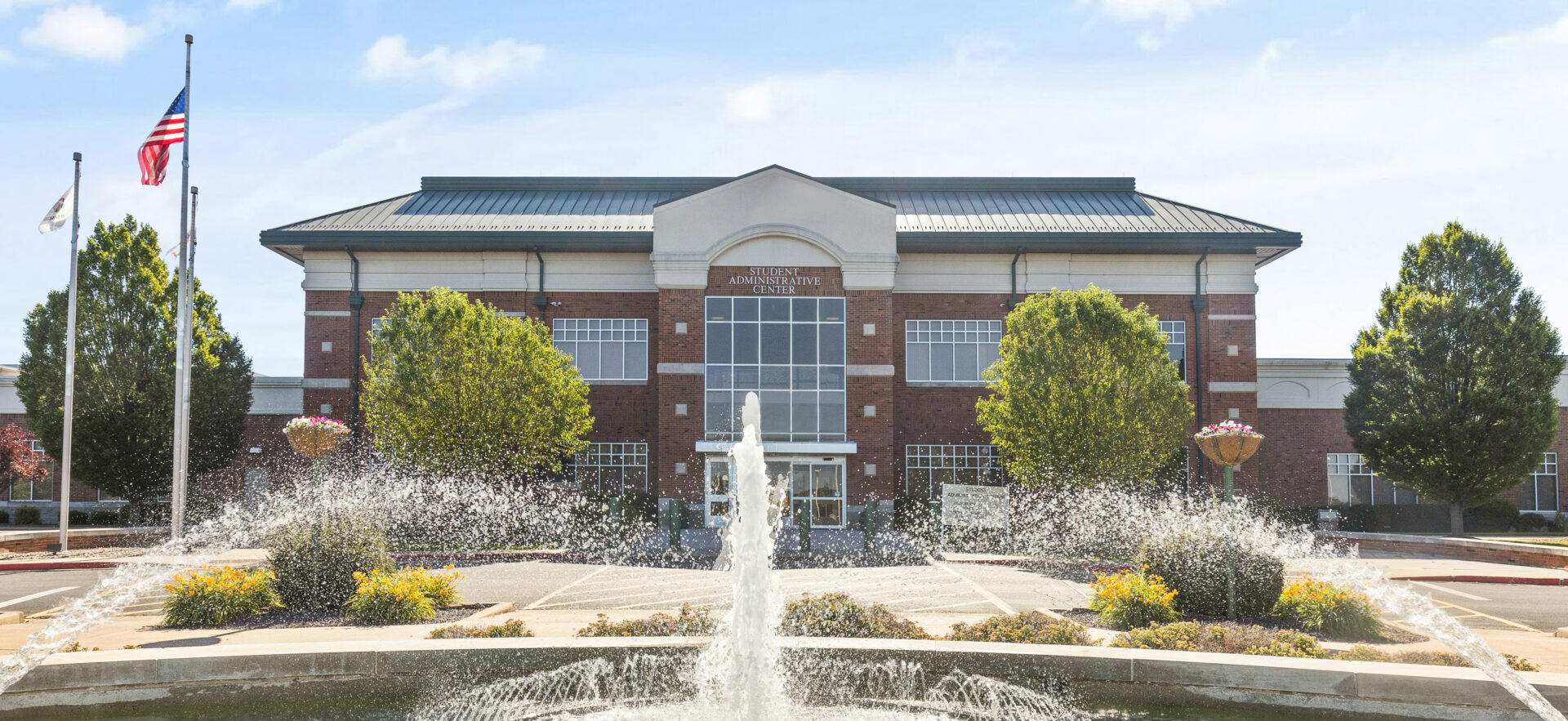

JOHN WOOD COMMUNITY COLLEGE SELECTED TO PARTICIPATE IN NATIONAL INITIATIVE TO HELP RURAL COMMUNITY COLLEGE STUDENTS SUCCEED
Phase 2 of the Rural Guided Pathways Project Includes 28 Colleges and Runs for Three Years (2025–27)
Quincy, IL. February 10, 2025 — John Wood Community College has been selected to participate in Phase 2 of the Rural Guided Pathways Project. Colleges that are part of Rural Pathways work with each other — and with community partners in their regions — to implement evidence-based, institution-wide reforms grounded in the guided pathways framework. The project’s rural focus and in-depth participation of community partners set it apart from other guided pathways efforts.
“We are proud to be part of a movement that ensures students in rural communities have the same access to high-quality education and economic mobility as those in larger cities.” Said President Bryan Renfro. “Here at JWCC, we believe in the power of collaboration to transform lives. Being part of the Rural Guided Pathways Project allows us to work alongside other rural colleges and community partners to break down barriers and create clear, structured paths for student success. Our students deserve opportunities that lead to family-sustaining careers, and this initiative strengthens our ability to provide those pathways.”
Phase 2 of Rural Pathways builds on the incredible progress colleges made during Phase 1 of the project. Phase 1 included 16 colleges and ran from 2022 through 2024. Phase 2 includes 28 colleges, many of which are continuing the work they started in Phase 1 and will run from 2025 through 2027.
Participating colleges commit to:
Rural Pathways provides a deliberate venue for rural college practitioners to collaborate while they work to improve student outcomes. Historically, rural community college leaders have not had many opportunities to problem-solve around the student success and completion issues that are particular to their culture, context, and capacity. They often struggle to apply strategies — even those that work well at urban and suburban institutions — in their rural context.
Rural Pathways gives rural colleges opportunities to work through challenging issues and collaborate with peer institutions, all in the context of a learning community that provides a broad range of supports.
The role of community partners also sets Rural Pathways apart. Throughout the three-year project, regional partners are an integral part of each college’s team and deeply embedded in pathways implementation. The value of involving external stakeholders in pathways work — and giving them specific roles and responsibilities — is amplified in rural settings, where students’ education, residents’ economic mobility, and the regional economy are so closely intertwined.
“We are excited to have JWCC participate in Rural Pathways,” says Gretchen Schmidt, senior fellow, National Center for Inquiry & Improvement (NCII). “Rural institutions have not had many opportunities to problem-solve around the student success and completion issues that are particular to their culture, context, and capacity. By joining Rural Pathways, JWCC is demonstrating its commitment to making lasting changes that will improve student outcomes.”
NCII provides the project leadership for Rural Pathways. A team of implementation coaches, leadership coaches, and subject matter experts join NCII in working with participating colleges and developing the project’s curriculum. NCII also builds on longstanding partnerships with the Community College Research Center and the Aspen Institute College Excellence Program to support participating colleges.
For more information about Rural Pathways, visit ruralguidedpathways.org.